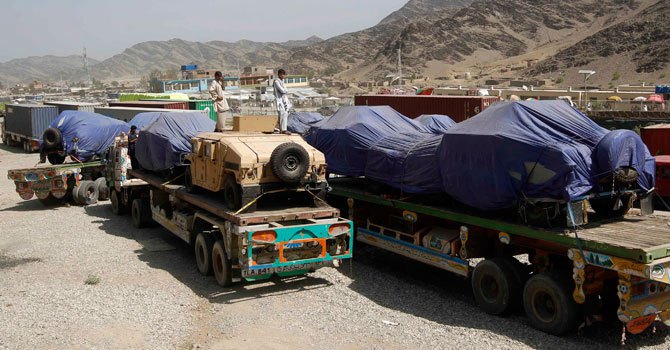
As Western withdrawal gains momentum, peace in Afghanistan hinges on one factor: Pakistan
Last week saw the first convoy of trucks carrying NATO containers, which first travelled the road to Afghanistan eleven years ago, making their return journey through Pakistan. This was a sober reminder of a harsh reality: The West is finally quitting Afghanistan in spite of their failure to militarily win the war; a war that has been expensive in both human and material terms.
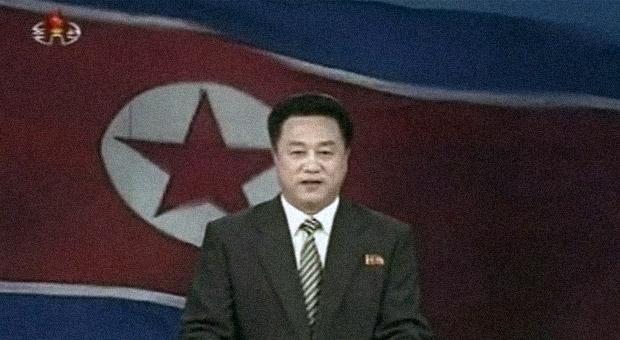
North Korea’s third nuclear test – what’s different this time round?
Yesterday, at around 3:00 GMT, North Korea conducted a third nuclear test. According to the official KCNA news agency, “the test was conducted safely and perfectly at a high level…with a higher-yield, smaller, lighter atomic device” (the full televised report [in Korean] is available here). The Comprehensive Test Ban Treaty Organisation (CTBTO), located in Vienna, soon confirmed that something was amiss on the seismic front, with the detection of ‘an explosion-like event’ on the Korean Peninsula, near to the site of North Korea’s nuclear weapons tests in 2006 and 2009. The timing of the 2013 test is not unexpected and the US and China were notified in advance. Some will read into the fact that the timing clashes with Obama’s State of the Union address. Others will point to the anniversary of former leader Kim Jong IL’s birthday on 16 February,. The timing of such things is not a precise science, however, and a number of factors, political and non-political (such as the weather), need to be considered. In any event, for us nuclear wonks, timing is less important. What matters more is reflected in the current scramble among experts to verify and identify the technical details: the exact yield and type of device, as well as the political and security implications of the test, regionally and globally.

Drones have put targeted killing on trial
The past few weeks have seen a flurry of activity aimed at achieving greater transparency and accountability with respect to the U.S. government’s practice of “targeted killing” (primarily through the use of drones).
To begin, the UN special rapporteur on counter-terrorism and human rights, Ben Emmerson, announced in late January the launch of an investigation into the “civilian impact” and “human rights implications” of drone attacks and other targeted killings by the U.S. and other states. The rapporteur claimed that such attacks pose a serious challenge to the existing framework of international law, and therefore require the development of new legal mechanisms to regulate use and ensure accountability. He also warned that if states engaged in drone attacks do not establish effective, independent, and impartial investigations of their actions, it might be necessary for the United Nations to do so. (Note: The UN investigation will examine 25 different cases of drone attacks, not all directed by the U.S. However, it remains the case that U.S. policy is a main focus of attention, particularly for China, Russia, and Pakistan, the three states that called for the investigation within the Human Rights Council).

Clock is Ticking: Canada must show Arctic leadership
In 2013, the Canadian government’s attention will once again be focused on the Arctic. One immediate priority is the upcoming decision by members of Stephen Harper’s cabinet on how to conduct an environmental review for aproposal to develop the Izok Corridor in Nunavut.
The plan – put forward by a company headquartered in Australia, but which is a subsidiary of Chinese state-owned resource giant China Minmetals – could bring billions of dollars into the region through its production of an estimated 180,000 tonnes of zinc and 50,000 tonnes of copper a year.
Such production, however, is also slated to bring the development of substantial new infrastructure, including open-pit mines, roads, bridges, air-strips and ports, as well as a processing plant.
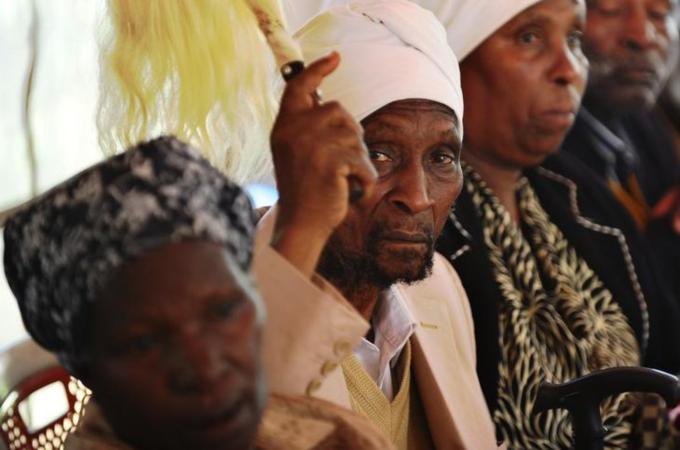
Mau Mau to Midnapore: A jittery UK government reveals itself before potential claims of former victims of the empire’s brutality
In August 1995 I wrote an article in The Spectator in Britain which the magazine titled “Enough Guilt for Everyone”, with the tagline: “The British demand apologies for Japanese atrocities, but never examine their own misconduct in Asia.”
I had been driven to write the article by the avalanche of media coverage that year in the United Kingdom about the fiftieth anniversary of the end of the Second World War, which endlessly claimed that Britain had been fighting for freedom and democracy during that war, and that the Allied victory was nothing short of the triumph of good over evil.
But the fact that a country which held a quarter of the world’s population in colonial subjugation could not possibly be fighting for the principles of “freedom and democracy” eluded most British commentators, who seemed high on a rush of patriotic fervour. It was unclear why so many in the UK were still clinging to this level of hypocrisy, which was both absurd and unnecessary.

Some misperceptions about the Israeli elections
Much has been written about how the media misreported the Israeli elections and I want to briefly dispel two particular misconceptions.
1) The majority of Israelis did not vote against Benjamin Netanyahu. Polls indicate quite clearly that a majority of Israelis wanted to see Netanyahu as Prime Minister. Many voters, though, were opposed to the newly created alliance between his Likud Party and former foreign minister Avigdor Lieberman’s Israel Beyiteinu Party.
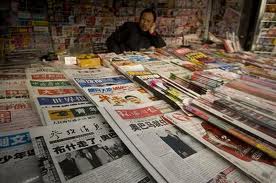
Media in China: Though sometimes driven to protest, China’s journalists remain committed to working within the political system
When journalists at the Southern Weekly newspaper in China’s Guangdong province went on strike last week against a local censor, Chinese citizens and the international media alike sat up and took notice. Microblogs amplified the journalists’ demands and helped make the incident a national topic of debate. Foreign commentators drew parallels to 1989, suggesting this could be the start of bigger protests. But the deal quickly reached between Communist Party officials and the striking journalists shows that the system of media control is still very resilient.
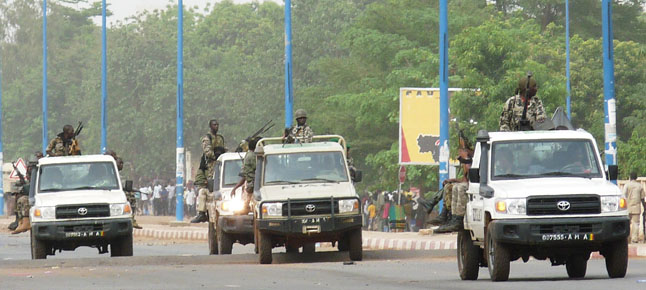
When Regional Solutions Fail: The French see good reasons for intervening in Mali, but their decision is a risky one
The announcement by French President Francois Hollande that his country is engaged in a military intervention in Mali represents a significant shift in strategy for the former colonial power in Africa. Up until a couple days ago, France was very much the reluctant intervener, investing all of its energy in coordinating a multilateral intervention (led by the Economic Community of West African States, ECOWAS) to forestall the further advance of Islamist forces in the Sahel region, and in reassuring worried African states, such as Algeria, that France’s days as an ‘African policeman’ were long gone.









